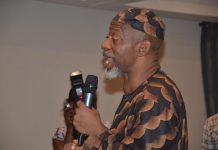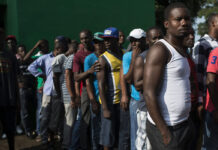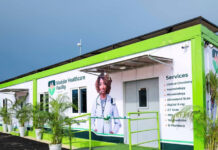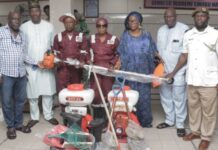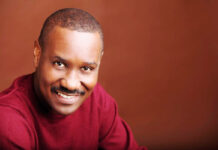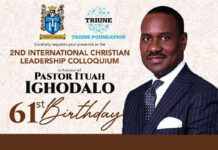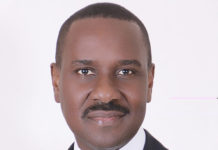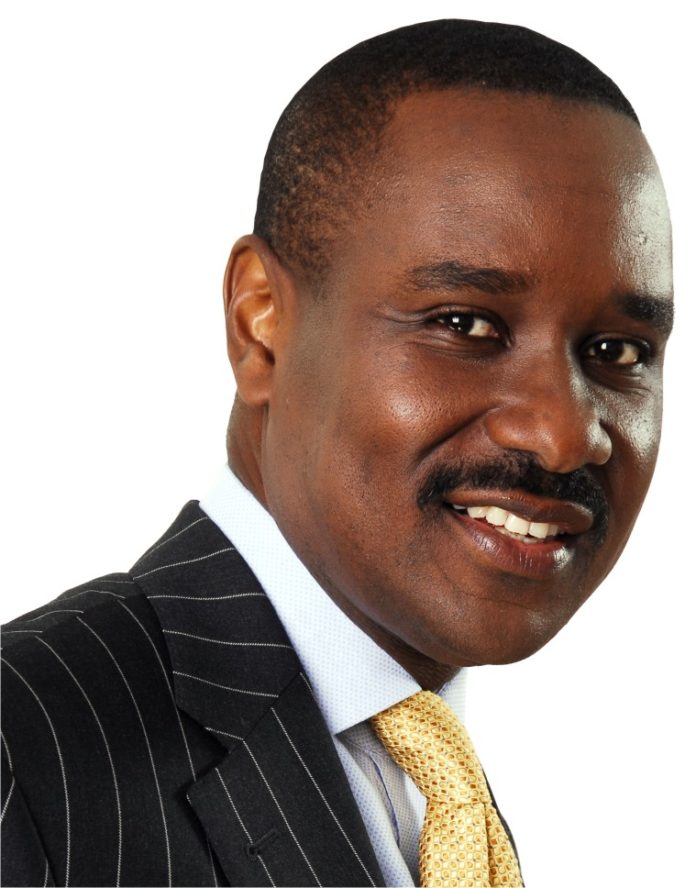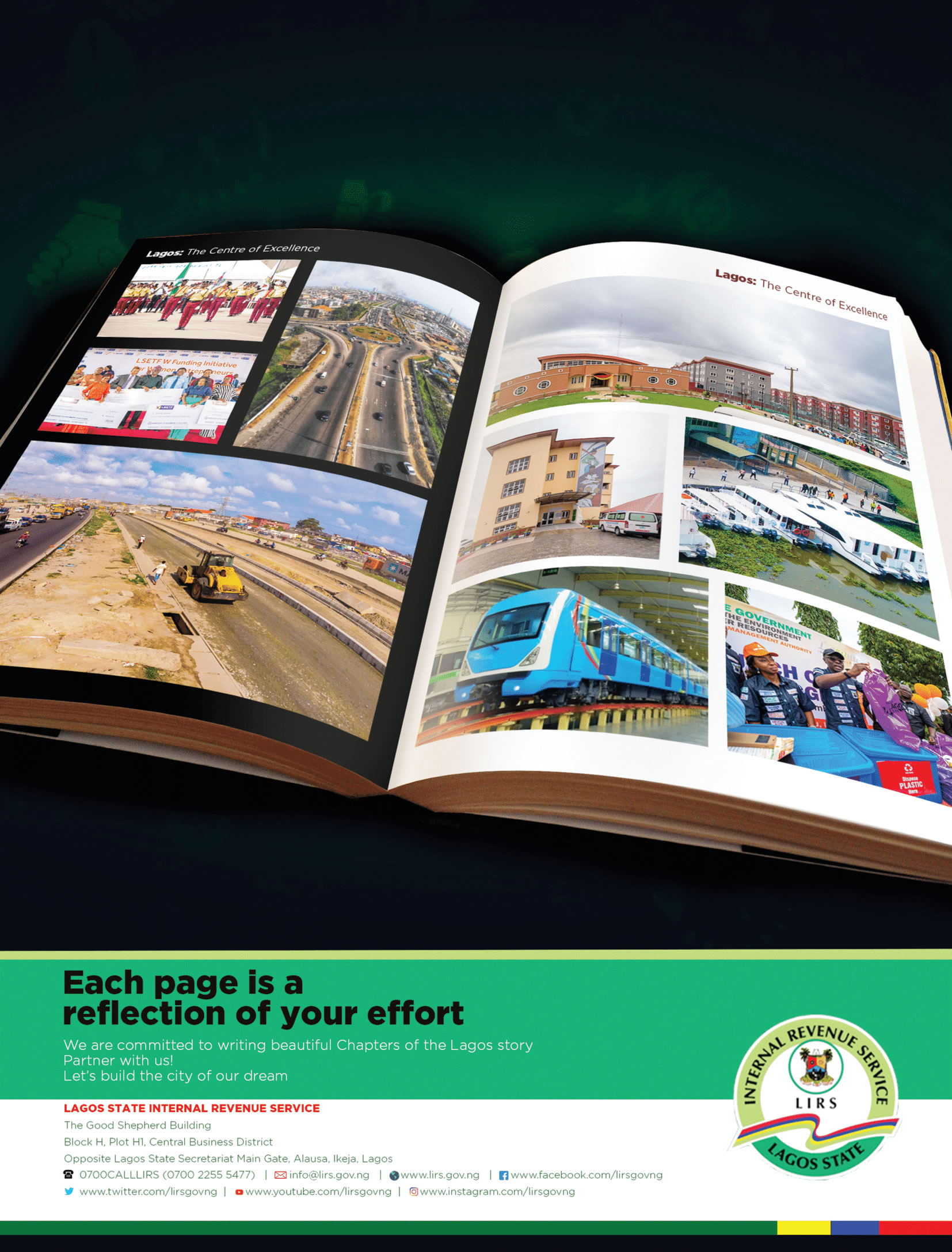56 years after independence, 13 Heads of state (not counting the civilian comebacks of Obasanjo and Buhari), 2 systems of government and various reform programmes and a population approaching 170 million people, Nigeria is still ranked 152 out of 185 nations in the Human Development Index, (a comparative measure of life expectancy, literacy, education and standards of living for countries worldwide.) Other indices indicate that the population living below $1 per day (PPP) stands at 30%. That number goes up to 70% at population living below $2 per day. For ease of doing business (Nigeria ranks 169 / 183); Economic freedom index (rank) 56 /100; Corruption perceptions index (rank) 136 / 178 and Global Competitiveness Rank 124. Infant mortality rate stands at 74.3 deaths per 1,000 live births. Life expectancy at birth is 52.8 years on the average. All these despite being blessed with natural gas, petroleum, tin, iron ore, coal, limestone, niobium, lead, zinc, arable land and human resources.
Before we start making excuses for our failure to grow and develop, let’s take a look at a nation that was born around the same time as Nigeria. Nigeria is even older by five years.
As at 1960, Singapore (independence in August 1965) had no identity of her own and her prospects were dire. Through various strategies, Singapore was able to survive the turmoil. The Singapore economy is an example of a vibrant free-market economy that is developing at a rapid pace. Contrary to the country’s economic disaster back in the sixties and seventies, Singapore’s per-capita income has improved and it has been supported and strengthened by a corruption free environment, an educated and motivated workforce and a well-established legal and financial business framework. In recent years, the Singapore government has invested heavily in diversifying the economy. This has led to growth in the tourism industry, the pharmaceutical industry with a particular focus on biotechnology, financial services, education, multimedia, retail and leisure and the medical technological industry. Singapore’s basic policy is to maximise the potential of her people so they can contribute to themselves and the country. Every institution from parliament, finance to education and transport all share a common goal. Singapore has been able to succeed because of its leaders whose philosophy from the start was: “view the current situation; examine your capabilities to cope with that situation; the skills and capabilities you do not possess you must acquire from abroad when possible.” Singapore is now considered as one of the fastest growing nations in the world and an example to others. Singapore’s long range goal is to surpass the US per capita GNP by 2030.
At 56, Nigeria is still a toddler learning to be independent. We are still very much dependent on the World Bank, the IMF, the United Nations, the European Union, the United States, the United Kingdom and the Commonwealth. Our dreams at independence have all been truncated. At 56 years of age, we are one of the most undisciplined nations on earth. We lack a way of life that should normally enable a smooth running of affairs. Somehow, we are being controlled by elements that should be under our control. This has consequently led to a lot of stress, frustration and irritability amongst our people.
One of the reasons why we are where we are is because everyone is pursuing personal interest to the detriment of national interest. Greed and corruption is rampant. Corruption does not take place only in government. At religious organisations, private offices, schools, even our homes, corrupt practices are endemic. Everyone is struggling to grab their share of the so called ‘national cake’. Political appointments have become an opportunity to ‘eat and settle’ the boys and the families and communities of such appointees. The ‘carnival’ that takes place at the State House during the swearing-in of new ministers is a pointer to this.
We have had poor, uneducated, uniformed, visionless, uncommitted leadership by largely selfish and ignorant people who lack proper training and character. Apart from our covetous, barren and unproductive leadership, another issue is our equally greedy, impoverished and apathetic following. During the January 2012 fuel subsidy crisis, you could hear a lot of people saying ‘thank God, I didn’t bother to come out and vote.’ That kind of sentiment must change. You must be ready to get involved at whatever level, starting with yourself and your immediate environment and community.
There must be a willingness to leave the past and move into the future. Change cannot happen if the people are stuck in a time warp unwilling to move forward. Processes in our educational, religious, electoral, and legislative and governance systems that will bring about change must be put in place. If someone has tried a process that works that brings about a desired positive change, that process must be documented and taught to others and replicated across all spheres of our society. We must be ready as a people and as a nation to endure the hardships and the consequences that the change will bring about. Change is not always easy. People naturally will always want to remain in their comfort zones. They have to be forced to change their thinking, their attitude, their way of life. We must be faithful as a nation to such changes.
I think that it is possible to have an organised society, to have a responsive government and to have a responsible people and to begin to do things the way they should be done. Nigeria has the potential to rise but must get certain things right such as Power Supply; Security; Rule of Law; Infrastructure and the Right Leadership. We must unleash the economy and encourage a system that brings the best out of people, a system that rewards excellence over mediocrity. A new set of leaders and thinkers who will engender a new mindset, re-orientate and re-educate the citizenry, and act as a voice of reasoning and pressure point must be sought out, trained and developed.
Nigeria has the boldness and character to rise to the top but lacks the moral fibre as corruption and greed is quite rampant and must be rooted out. Needless to say, Nigeria is moving at a painfully slow pace with a desperate need for improvement.



